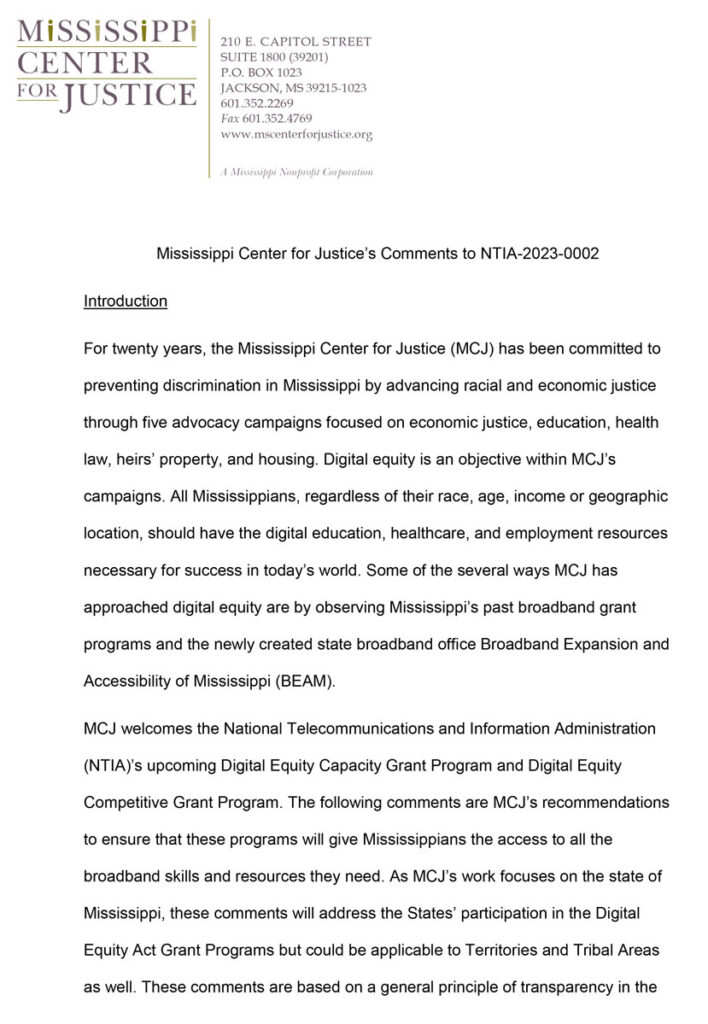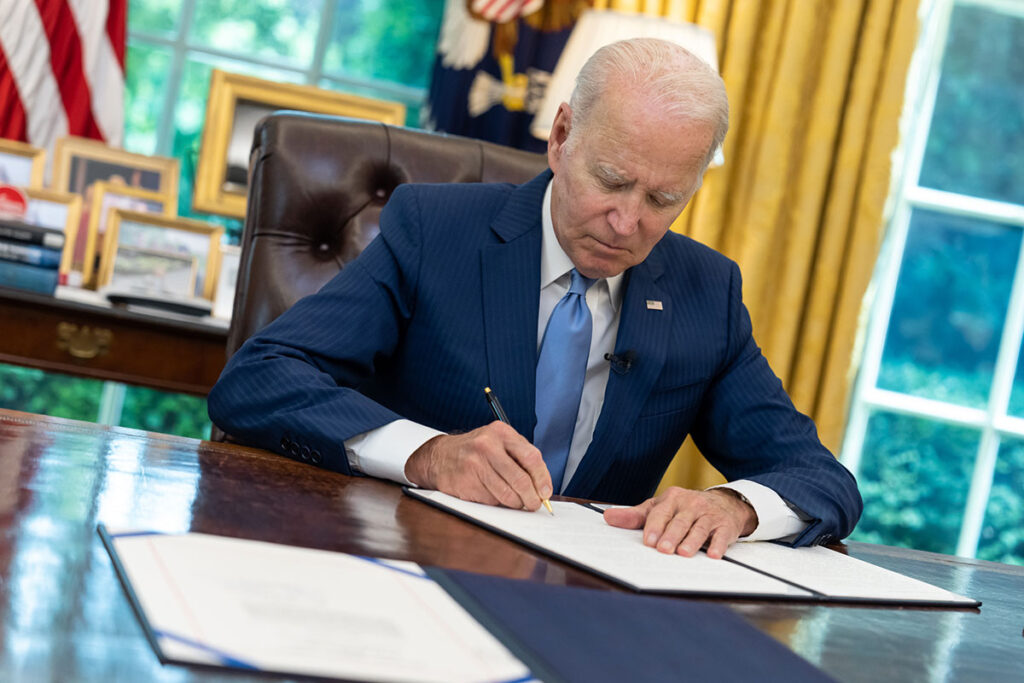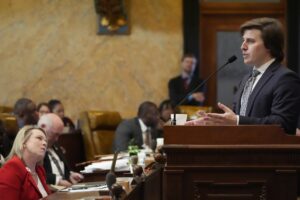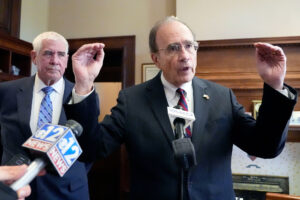Broadband internet could soon become accessible to more Mississippians after the President Joe Biden announced on Monday that the state is receiving $1.2 billion for high-speed internet infrastructure across the state through the Broadband Equity, Access, and Deployment program.
“Right now, 268,365 homes and small businesses in Mississippi lack access to a high-speed Internet connection,” the U.S. Department of Commerce’s National Telecommunications and Information Administration said in a June 26 press release.
The BEAD program is granting $42.45 billion to all 50 states, the District of Columbia and the five U.S territories as part of the president’s Internet For All Initiative and the Bipartisan Infrastructure Law “to deploy or upgrade broadband networks to ensure that everyone has access to reliable, affordable, high-speed Internet service,” the statement said.
“It’s the biggest investment in high-speed Internet ever, because for today’s economy to work for everyone, Internet access is just as important as electricity was or water or other basic services,” Biden said Monday at a press conference in Washington, D.C.
A 2022 statement says the BEAD program is prioritizing “projects designed to provide fiber connectivity directly to the end user” and “requires all projects to provide a low-cost option to eligible subscribers, requires all states to have plans to address middle-class affordability, and further prioritizes proposals that improve affordability to ensure that networks built using taxpayer dollars are accessible to all Americans.”
Democratic Rep. Bennie Thompson and Republican U.S. Sen. Roger Wicker were the only members of Mississippi’s congressional delegation who voted for the Bipartisan Infrastructure Law that created the BEAD program. Wicker has supported the Bipartisan Infrastructure Law since 2021 when he spoke to the Senate on behalf of the package.
“Broadband access is essential for our country’s progress, and this spending package is going to get us off the bottom and bring us forward into an era of greater technological advancement,” Thompson said in a statement Monday, noting he was the sole U.S. Representative for Mississippi to cast a ballot in favor of the program.
The Mississippi Center for Justice responded to the announcement Monday with appreciation and recommendations for the program to ensure digital equity within the state’s broadband infrastructure, emphasizing open communication from National Telecommunications and Information Administration.
“MCJ stresses that regardless of how NTIA proceeds on the Digital Equity Act Grant Programs, NTIA must guarantee transparency in the creation of the States’ Digital Equity Plans, the grants’ selection process, and the grants’ reporting process,” the statement said.

The statement mentioned the Mississippi Broadband COVID-19 grant program from 2020 which funded broadband access to 39,000 households in rural areas.
“However, the grant program’s projects were concentrated in Northeast Mississippi. While Northeast Mississippi is predominantly rural, the region is also predominantly White and has an average median income of over $45,000. Comparatively, the Mississippi Delta is a predominantly rural, predominantly Black area with an average median income of less than $35,000. Yet, only two broadband projects were administered in the Delta,” the statement said.
“While data has proven that low-income communities and communities of color disproportionately lack broadband access, especially in the rural American South, the Broadband COVID-19 Grant Program did not address these factors in its criteria, and thus, digital equity was further delayed for these communities. MCJ is concerned that if NTIA does not consider grant distribution and Covered Populations’ intersectionality, Mississippi will experience a repeat of the Broadband COVID-19 Grant Program.”
The statement said the NTIA has been focusing efforts on urban areas but should provide guidance for rural communities, “such as sparsely populated areas and lack of broadband infrastructure, that make digital equity outreach and engagement difficult for States and community organizations.”
MCJ requested NTIA give more information about the Digital Eq 3 uity Grant programs and the BEAD grant program to city and county officials to ensure every community understands broadband infrastructure. Additionally, MCJ wants resources and information available online and offline for residents to view through the office of Broadband Expansion and Accessibility of Mississippi. It requests a feedback system and “all grantees’ applications to be public for review” so community members can make comments on the winning applications.
“Currently, BEAM does not have a resource that is exclusively for communities to voice broadband and general digital equity needs,” the statement said. “Residents instead voice their communities’ need on unrelated social media posts from BEAM’s social media accounts.”
Assistant Secretary of Commerce for Communication and Information Alan Davidson praised the BEAD program and said states can control where they spend their grants.
“This is a watershed moment for millions of people across America who lack access to a high-speed Internet connection. Access to Internet service is necessary for work, education, healthcare, and more,” Davidson said in the NTIA’s grant announcement statement. “States can now plan their Internet access grant programs with confidence and engage with communities to ensure this money is spent where it is most needed.”










